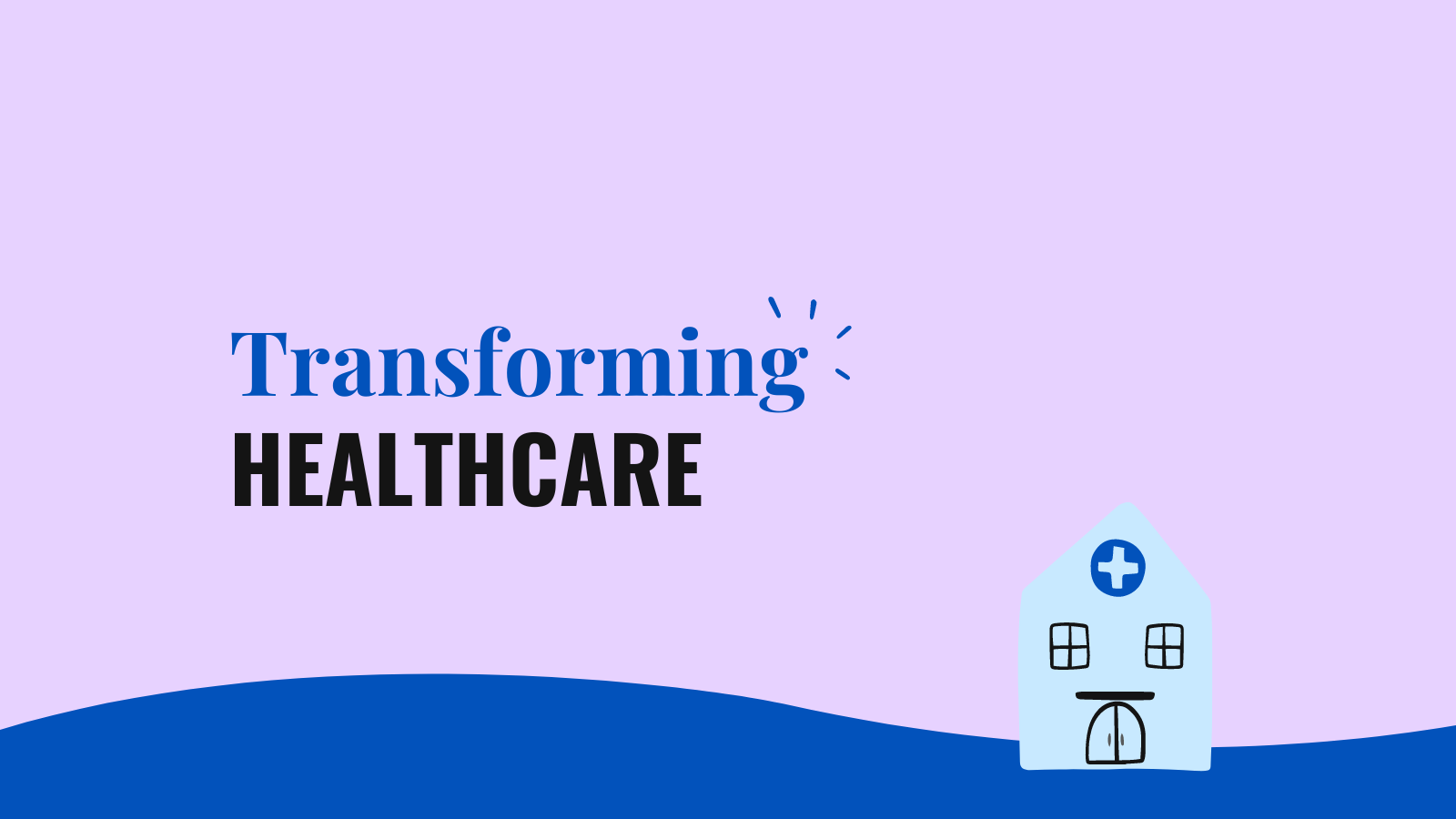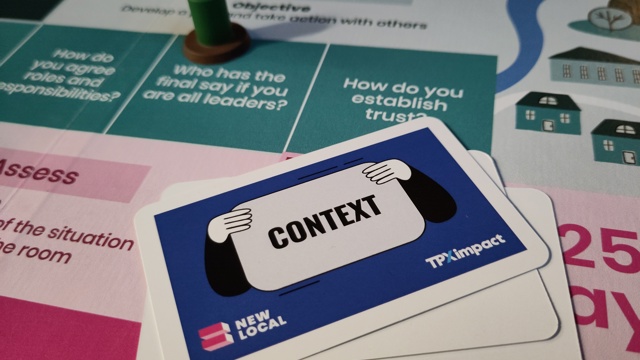An area of critical importance with a dire need for significant intervention is the NHS. We’ve probably all experienced difficulties with the health service over the past few years as it has struggled with challenges ranging from strikes and funding to growing waiting lists.
Labour has recognised the urgency of addressing these issues. In its manifesto, the party developed some interesting solutions which, if implemented correctly, could massively improve outcomes for people.
Embracing user-first technology
A big part of Labour’s promises when it comes to the NHS includes the integration of more technology into the health service.
Digital solutions offer tremendous opportunities to transform the NHS. Traditional, paper-based systems take up a lot of time and money, and addressing this could unlock huge savings. For example, Intelligent Automation technology could support administrative tasks such as GP referrals and appointment bookings, freeing up staff time to focus on other important jobs, streamlining processes while also saving staff time and money.
However, for technology implementation to be successful the focus has to be on users. We must ensure that before Trusts or services put in place any new solutions, they are speaking and listening to staff and patients. Understanding where they think pain points are will allow the NHS to identify what solutions are needed and where, ensuring the biggest impact is made as quickly as possible to improve outcomes.
When we partnered with the University Hospitals of Derby and Burton NHS Foundation Trust (UHDB) to procure the right Electronic Patient Record (EPR) system for the Ophthalmology department, a user-centred approach was key. By engaging a range of users, including doctors, nurses, and administrators, and understanding the specific needs of the department, we were able to recommend a specialist EPR system that addressed the unique challenges of Ophthalmology. This approach ensured the technology met clinical and operational needs, but also improved patient outcomes by allowing for better data management across care pathways.
Harnessing the NHS App for prevention
Another highlight in Labour’s manifesto was its commitment to transform the NHS App to put patients in control of their health.
We’re excited by this prospect. The government’s position for a long time has been keen to avoid digital applications due to issues such as development costs. A lot of the time, when it comes to public services an app isn’t the right answer. But with healthcare, they can have huge benefits.
The NHS App has so much untapped potential, particularly when it comes to prevention, something that’s a key focus for Labour and the NHS. For instance, when you get a vaccination at your local pharmacy, you are often given a paper record of when you’ll need a booster. If that paper gets lost, you may end up not having the details you need and forgetting to get that next jab. If this data was instead recorded digitally on the NHS App, it could send prompts or alerts to remind people to book that next shot, reducing the risk of missing your appointment.
This is just one example, but whether it’s vaccines or routine check-ups, expanding the App's uses and capabilities offers so much opportunity.
New governments bring with them new ideas and ways of doing things, and it is great to see that Labour has some big ideas to address some of the challenges the NHS faces. These are a strong start and by putting people at the heart of digital decisions and maximising what’s available, they can put the health service on the path to a safe, secure and prosperous future.
To find out more about our health offering get in touch with Karl Houlding.

Transforming healthcare
Discover how we accelerate digital transformation in the NHS, delivering innovative, user-centred solutions that improve patient outcomes and streamline services.
Work with us
Unifying NHS digital services
How agile practices and user-first approaches are key to creating joined-up NHS digital services.
Read moreOur recent insights
Transformation is for everyone. We love sharing our thoughts, approaches, learning and research all gained from the work we do.

The role of play in building leadership skills
How play can offer local government leaders a powerful tool to break free from rigid structures.
Read more
A game-changing approach to leadership
Radical Leaders: The Game! uses real-world crisis scenarios to challenge local government leaders, fostering collaboration, agility, & community focus.
Read more
Transforming archiving through AI
How artificial intelligence can turn archives into living resources that shape the future while preserving the past.
Read more

